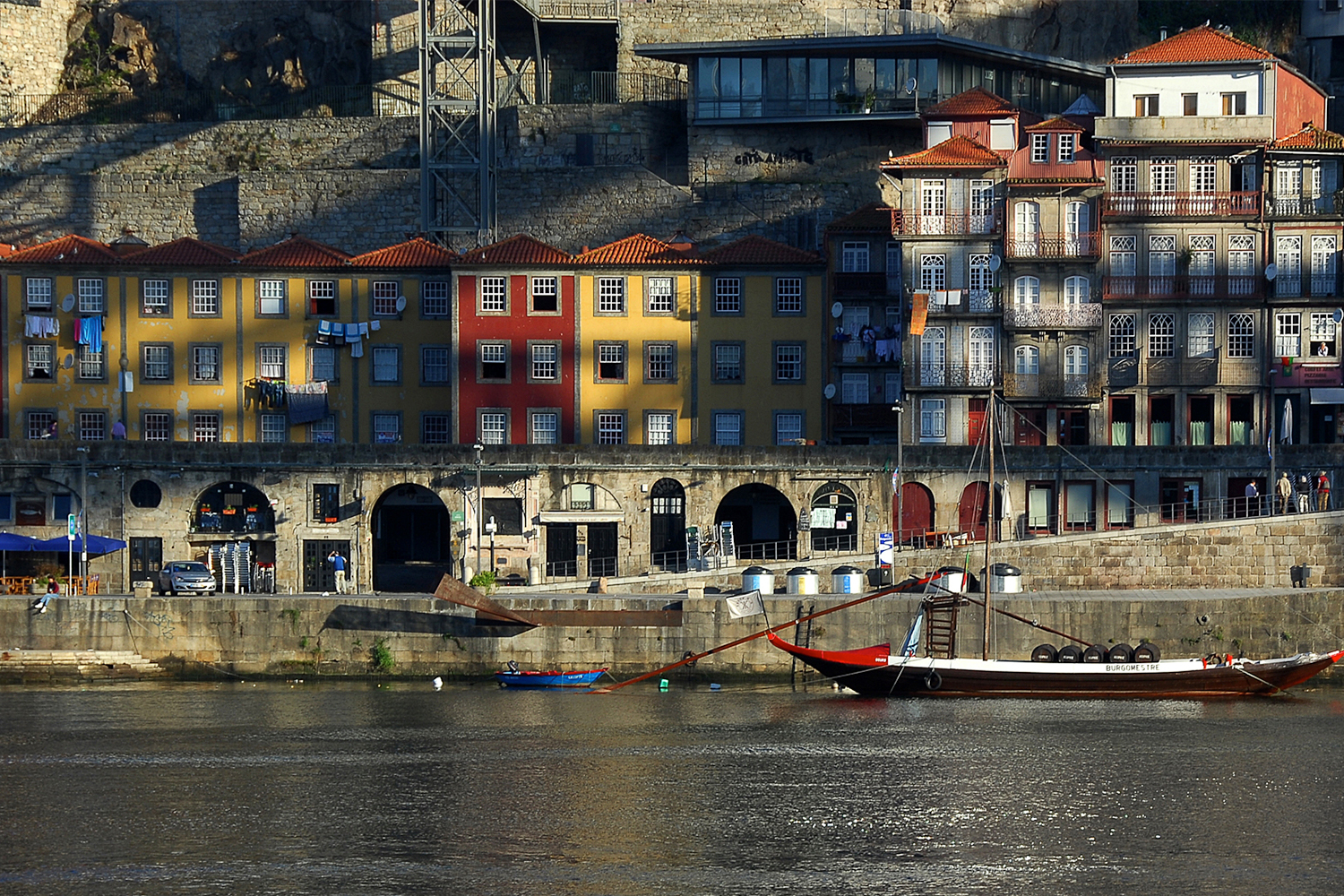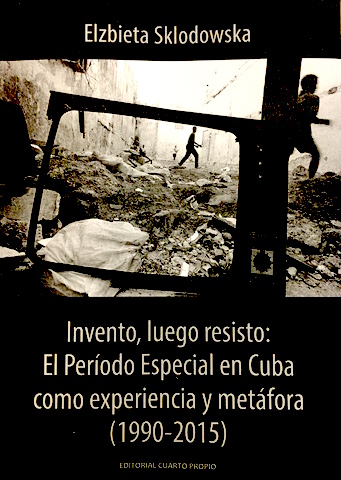Elzbieta Sklodowska's fields of interest include nineteenth- and twentieth-century Caribbean narrative; literary and cultural theory; Cuban narrative and culture; poetics and politics of memory; testimonial literature.
She has published widely on topics pertaining to Spanish American literature (60 articles or book chapters), including the following books: Testimonio hispanoamericano: historia, teoría, poética; La parodia en la nueva novela hispanoamericana (1960-85); Todo ojos, todo oídos: control e insubordinación en la novela hispanoamericana (1895-1935); Espectros y espejismos: Haití en el imaginario cubano. She has co-authored or co-edited the following books: Huellas de las literaturas hispanoamericanas (co-authored with J. Garganigo, R. de Costa, G. Sabat-Rivers, A. Luiselli, B. Heller); La presencia de la literatura latinoamericana en Polonia (co-authored with Elzbieta Milewska and Irena Rymwid-Mickiewicz); Roberto Fernández Retamar y los estudios latinoamericanos (edited with Ben Heller). Her latest book, Invento luego resisto: El Período Especial en Cuba como experiencia y metáfora (1990-2015), published by Editorial Cuarto Propio (Santiago de Chile) in 2016, explores the ways in which literature, art, and film in post-1991 Cuba reflect upon the dramatic changes experienced on the island after the collapse of the Soviet system.
Her research and writing are closely linked to her teaching. In collaboration with Prof. Joseph Schraibman and with the support of the College of Arts and Sciences she helped develop a freshman “Focus” seminar on Cuba (2001-2017), which allowed several cohorts of students to travel to Cuba during spring break. The Graduate Student Senate acknowledged her contributions to graduate education with a Certificate of Recognition for Excellence in Mentoring award. In 2012, she was awarded Honorary Professorship in Literature from the Universidad del Norte in Asunción (Paraguay).
Sklodowska has served as chair of the Department (2003-2010) and General Co-Editor of Revista de Estudios Hispánicos (1999-2010), as well as on the Faculty Council of Arts & Sciences, the Academic Planning Committee, and the Graduate Education Task Force. More recently she was a faculty ambassador to the Universidad de Chile on behalf of the McDonnell International Scholars Academy (2010-18) and a member of the PMLA Editorial Board (2015-17).
She is currently at work on Alternative Lineages: Contemporary Cuban Women Writers and Artists. Portions of this book in progress have appeared as a chapter (“No Laughing Matter: Post-Soviet Cuba in the Orbit of Postmodern Parody”) in Postmodern Parody in Latin American Literature: The Paradox of Ideological Construction and Deconstruction edited by Helene Weldt-Basson (Palgrave 2018). She has co-edited with Mabel Cuesta a critical anthology of contemporary fiction by Cuban women writers, Lecturas atentas. Una visita desde la ficción y la crítica a veinte narradoras cubanas contemporáneas. More recently, she has been engaged in researching transmedial representations of the “post-sugar” era in Cuban visual arts, film, and testimonial literature.



